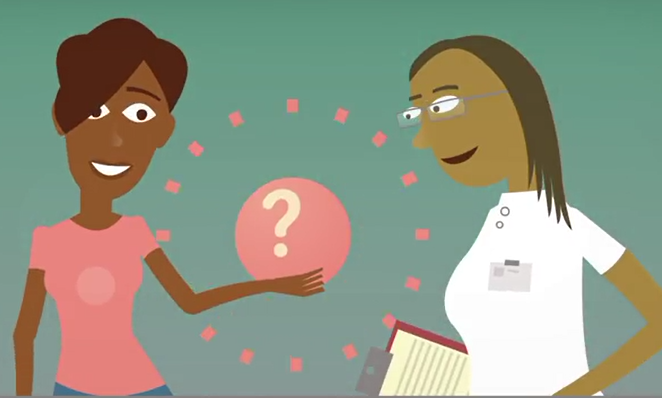Two: gather your information.
第二:搜集信息。
There's lots of it out there, so having a clear idea of your question will help you determine what's relevant.
信息無所不在,所以明晰問題可以幫你決定哪些信息是有用的。
If you're trying to decide on a diet to improve your nutrition, you may ask an expert for their advice, or seek other people's testimonies.
如果你想通過飲食方式來攝取更多營養,你可以咨詢下營養師,或是向他人尋求經驗。
Information gathering helps you weigh different options, moving you closer to a decision that meets your goal.
搜集信息幫助你權衡不同方案,使你做出更接近目標的決定。
Three: apply the information, something you do by asking critical questions.
第三:運用信息,可以通過問關鍵性問題對信息加以運用。
Facing a decision, ask yourself, "What concepts are at work?"
面對一個選擇時,問問自己“哪些概念要用到?”
"What assumptions exist?"
“存在幾種假設?”
"Is my interpretation of the information logically sound?"
“我對信息的解讀符合邏輯嗎?”
For example, in an email that promises you millions, you should consider, "What is shaping my approach to this situation?"
比如,一個郵件聲稱能讓你成為百萬富翁,你可以考慮下面幾個問題:“什么因素決定我對此做出判斷?”
"Do I assume the sender is telling the truth?"
“我認為發件人說的是實話嗎?”
"Based on the evidence, is it logical to assume I'll win any money?"
“從現實來看,我有可能贏錢嗎?”

Four: consider the implications.
第四,考慮后果及影響。
Imagine it's election time, and you've selected a political candidate based on their promise to make it cheaper for drivers to fill up on gas.
想象一下現在是大選期,你選擇支持一個候選人是因為他承諾要讓汽油更便宜。
At first glance, that seems great. But what about the long-term environmental effects?
初聽上去還不錯。但長期來講會對環境造成什么影響?
If gasoline use is less restricted by cost, this could also cause a huge surge in air pollution, an unintended consequence that's important to think about.
如果不用高價限制汽油的使用,大氣污染將變得極其嚴重,而這是必須考慮的一個意外后果。
Five: explore other points of view.
第五:了解其他觀點。
Ask yourself why so many people are drawn to the policies of the opposing political candidate.
問問自己為什么那么多人被對方候選人政策吸引。
Even if you disagree with everything that candidate says, exploring the full spectrum of viewpoints might explain why some policies that don't seem valid to you appeal to others.
即使你一點都不認同那個候選人所說的,你也要探究他的一系列觀點,弄清楚為什么他的政策你覺得沒用,但別人喜歡。
This will allow you to explore alternatives, evaluate your own choices, and ultimately help you make more informed decisions.
這就讓你能進一步探究其他選擇,衡量你自己的選項,最后做出更好的決定。
This five-step process is just one tool, and it certainly won't eradicate difficult decisions from our lives.
這五個步驟僅僅是工具,也不可能完全解決我們所面對的難題。
But it can help us increase the number of positive choices we make.
但卻可以幫我們做出更多更好的決定。
Critical thinking can give us the tools to sift through a sea of information and find what we're looking for.
批判性思維方式能幫我們篩選信息,找到我們真正想要的。
And if enough of us use it, it has the power to make the world a more reasonable place.
而且如果更多的人具備批判性思維的能力,這個世界將變得更加理性。












